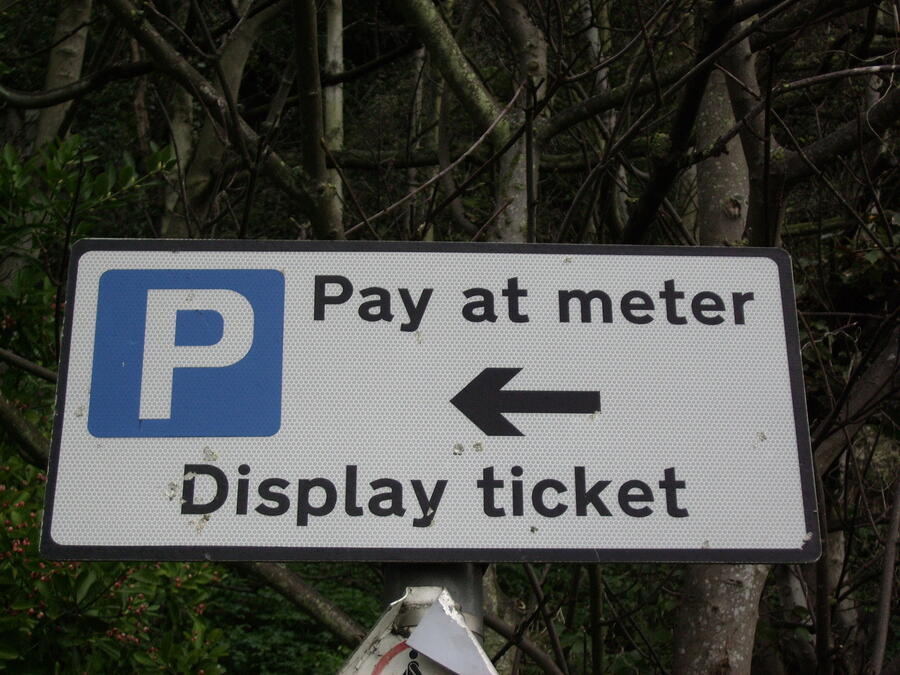- Research by Vauxhall reveals motorists throughout the nation are placing their religion in native councils to assist electrical automobile (EV) drivers with on-street charging provision
- 75% of UK drivers count on their native councils to be the principle driving power behind putting in accessible on-street charging to assist EV possession
- Fewer than one-in-10 drivers are proud of on-street charging of their space
- Research comes forward of May’s native and mayoral elections, as motorists word an absence of dialog round charging infrastructure from candidates
- Vauxhall’s Electric Streets of Britain initiative was established to assist native councils throughout the nation speed up on-street charging infrastructure
- For extra data and to register your avenue go to: www.electricstreets.co.uk
Research by Vauxhall has highlighted the rising reliance drivers are putting on their native councils to extend on-street charging provision for electrical automobile (EV) drivers. According to its findings, Vauxhall revealed that 75% of motorists are relying on Local Authorities to put in on-street charging to fulfill the calls for and growing numbers of EV homeowners.
The new analysis comes forward of England and Wales’ native and mayoral elections, set to happen on 2nd May. While points regarding motorists are by no means removed from the information, Vauxhall’s research discovered that solely 25% of respondents observed points round charging infrastructure taking part in a task within the political manifestos and canvassing of native candidates, suggesting it has dropped off the political agenda.
According to Vauxhall, solely 30% of respondents say motorists who personal or need to personal an EV are supported by their native council, with numbers noticeably decrease in areas outdoors of London. Highlighting the problems additional, solely 10% of drivers advised Vauxhall they had been proud of the degrees of on-street charging of their space, with satisfaction charges in Wales dropping to as little as 4%.
Vauxhall launched Electric Streets of Britain to deal with the shortage of on-street charging provision within the UK, and assist councils throughout the nation with the acceleration of native charging infrastructure. On-street charging entry is crucial to make sure drivers can cost electrical autos with ease and comfort, particularly for the 40% of drivers within the nation with out entry to a driveway1.
Alongside a web-based database for drivers to register charging wants of their space, Vauxhall has established an ‘Enablement Fund’ to assist Local Authorities, working with main charging operators char.gy, Connected Kerb and SureCharge.
Registrations to Vauxhall’s Electric Streets of Britain hub mirror considerations expressed by the most recent analysis, with excessive ranges of curiosity for cost level installations logged in cities together with Glasgow, Leeds and Birmingham – all in localities the place a big share of drivers advised Vauxhall EV homeowners require additional assist from their Local Authority.
Recent figures present London holds as much as 60% of the UK’s on-street chargers2, with wider areas lagging. This lack of parity is obvious in Vauxhall’s most up-to-date analysis, as London was discovered to be the one area of the nation the place the vast majority of motorists (60%) say EV drivers are supported by their native council. London was additionally the one space the place over 50% of drivers observed points round EV infrastructure taking part in a task in political campaigning forward of native elections.
James Taylor, Managing Director, Vauxhall, mentioned: “Electric automobile charging infrastructure is only one of many considerations that needs to be mentioned in nice element forward of this 12 months’s native and mayoral elections. While latest figures present cost level numbers are growing, our newest analysis highlights how drivers are more and more reliant on their Local Authorities to ensure infrastructure wants are being met.
“Our Electric Streets of Britain initiative was launched to support Local Authorities, working with our partners to educate councils on the importance of installing more accessible on-street charging to ensure no driver is left behind on the UK’s journey to electric. We hope to see local councils listening to these drivers who are reliant on their support to provide confidence and ensure motorists across the country feel they can join the electric transition efficiently and safely.”
By the tip of this 12 months, Vauxhall will provide a completely electrical model of each automobile and van mannequin in its line-up. Vauxhall was the UK’s best-selling electrical van producer in 2023, whereas the Corsa Electric was the UK’s best-selling small electrical automobile and the Mokka Electric the best-selling electrical compact crossover mannequin final 12 months.
UK motorists who need to have on-street residential EV chargers put in close to them can register their curiosity at www.electricstreets.co.uk.




